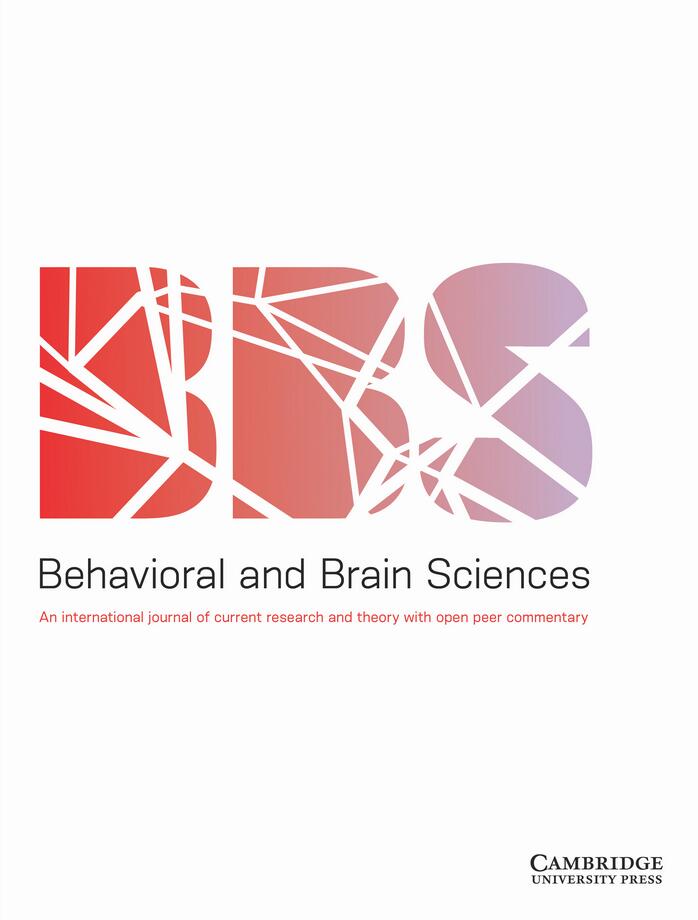当涉及到税收时,所有权直觉会遵守法律。
IF 16.6
1区 心理学
Q1 BEHAVIORAL SCIENCES
引用次数: 0
摘要
博伊尔认为,法律不能解释所有权直觉,但在某些情况下,直觉几乎完全符合法律。授予政府征税权的法律提供了一个有趣的案例研究。我们在这里报告的数据表明,人们的直觉非常密切地遵循规律,并且不受操纵P()标记输入的影响。我们提出了两个假设来解释这一发现。本文章由计算机程序翻译,如有差异,请以英文原文为准。
When it comes to taxes, ownership intuitions abide by the law.
Boyer suggests that laws cannot account for ownership intuitions, but there may be situations when intuitions hew to laws almost perfectly. Laws granting governments taxation powers provide an interesting case study. We report data here suggesting that people's intuitions track law very closely, and are unaffected by manipulating a P() tag input. We propose two hypotheses to explain this finding.
求助全文
通过发布文献求助,成功后即可免费获取论文全文。
去求助
来源期刊

Behavioral and Brain Sciences
医学-行为科学
CiteScore
1.40
自引率
1.70%
发文量
353
期刊介绍:
Behavioral and Brain Sciences (BBS) is a highly respected journal that employs an innovative approach called Open Peer Commentary. This format allows for the publication of noteworthy and contentious research from various fields including psychology, neuroscience, behavioral biology, and cognitive science. Each article is accompanied by 20-40 commentaries from experts across these disciplines, as well as a response from the author themselves. This unique setup creates a captivating forum for the exchange of ideas, critical analysis, and the integration of research within the behavioral and brain sciences, spanning topics from molecular neurobiology and artificial intelligence to the philosophy of the mind.
 求助内容:
求助内容: 应助结果提醒方式:
应助结果提醒方式:


